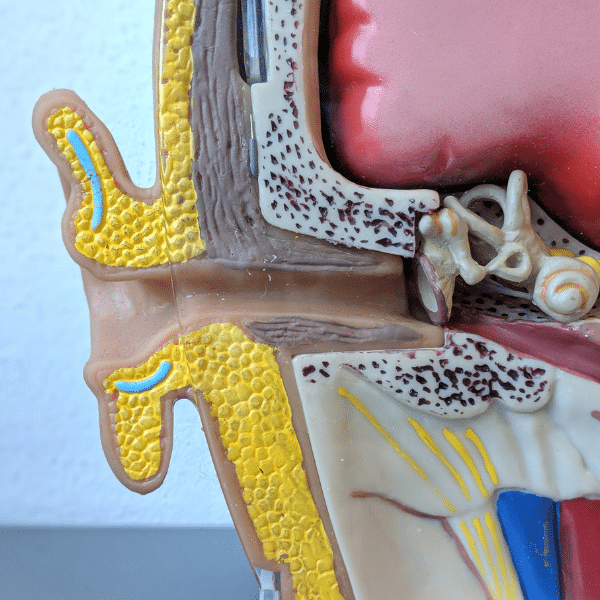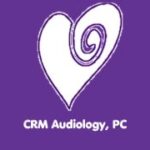Hearing Loss 101
The impact of hearing loss on one’s quality of life is profound. At first, the signs may be subtle, but they often worsen with time. Key signs include difficulty in comprehending speech, frequent requests for repetition, raising the volume on electronic devices such as TVs or radios, avoiding social interactions, and experiencing ringing or buzzing in the ears. These challenges hinder effective communication with family, friends, coworkers, and medical professionals. Moreover, mounting research suggests a link between hearing loss and memory decline.
Don't miss out on the sounds of life.

The Mechanics of Hearing
Hearing is a complicated process, but understanding it helps diagnose and treat hearing problems better.
It all starts when sound travels through the air as waves. Our outer ear catches these waves and sends them down the ear canal to the eardrum.
When sound reaches the eardrum, it makes it vibrate. These vibrations make three tiny bones in our middle ear – the hammer, anvil, and stirrup – move.
These little bones passing on the vibrations cause fluid in the inner ear, called the cochlea, to slosh around.
This movement of fluid bends tiny hair cells inside the cochlea. These hair cells then change the movement into electrical signals.
These electrical signals travel along the hearing nerve to our brain. There, they’re turned into what we recognize as sound.
So, when something goes wrong in any part of this process, like damage to the eardrum or inner ear, it can lead to hearing loss. Understanding how this whole system works helps doctors figure out the best way to help people with hearing problems.
We're here to help you hear!
The Signs of Hearing Loss
Hearing loss often sneaks up on us, happening slowly over a few years. Because it’s gradual, we might not even realize there’s a problem because we get used to not hearing certain sounds. But there are some signs you can watch out for:
1. Voices might sound muffled, like they’re coming from underwater.
2. You might find yourself asking people to repeat what they said a lot.
3. Even though you can hear sounds, you might struggle to understand what people are saying, like the words are jumbled.
4. You might hear a ringing or buzzing sound in your ears, called tinnitus.
5. After talking with others, you might feel more tired than usual.
6. It might be harder to hear high-pitched voices, like those of women and children.
7. Background noise, like in a busy restaurant or crowded room, can make it really tough to hear conversations.
Keeping an eye (or ear!) out for these signs can help catch hearing loss early and get the support you need.


